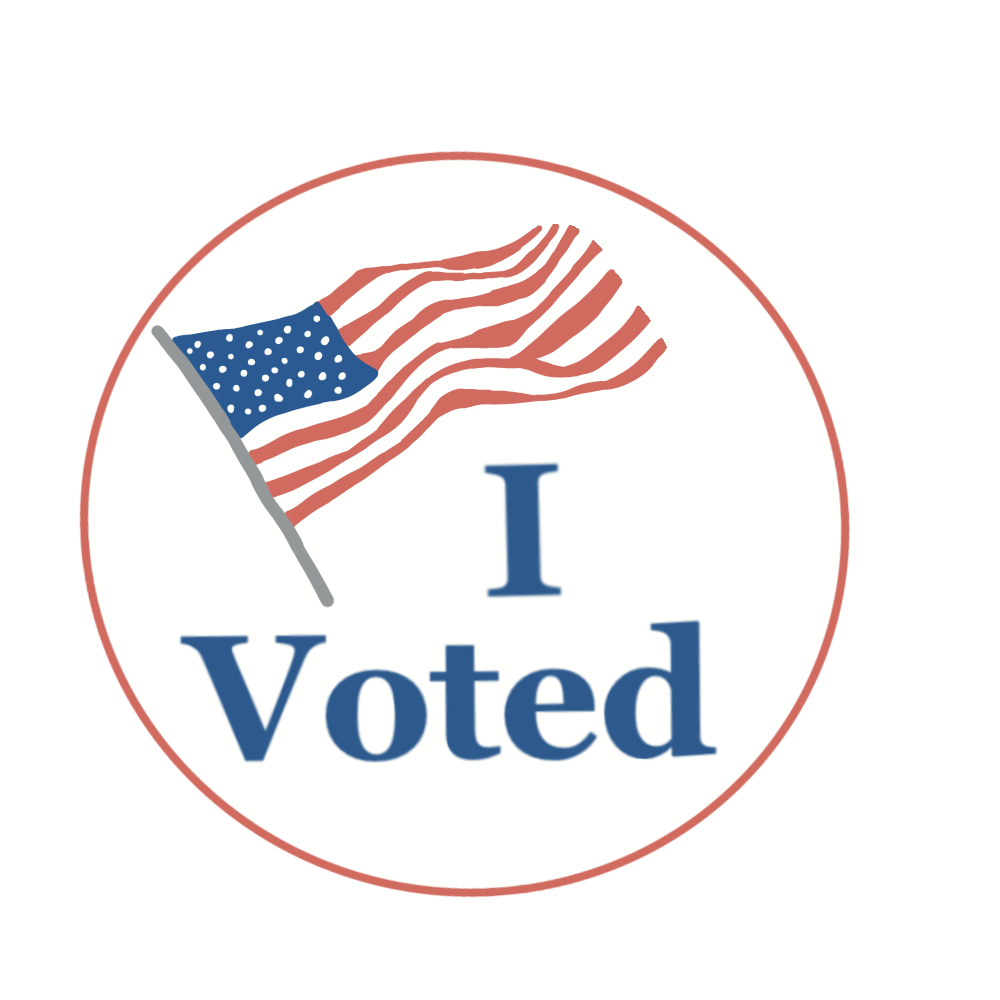As the 2024 election draws near, it has become increasingly obvious that for a large percentage of the American people, neither of the candidates are satisfactory.
If given the option, 53% of registered voters would replace both President Joe Biden and former President Donald Trump on the ballot, according to a July study by the Pew Research Center. If newly certified Democratic nominee Kamala Harris is to be seen as a continuation of the policies of the past four years, for which she was vice president, it is likely these voters’ resentment for Biden have carried over into feelings of skepticism and reluctance for Harris. It’s no surprise, then, that, according to data from Statista’s research department, over 40% of American voters are open to considering voting for third party candidates. While their grievances are valid, this course of action ultimately serves to largely benefit the far-right by delivering the presidency into their hands rather than creating meaningful and lasting change.
For almost two centuries now, the United States’ politics have been dominated by two primary political parties. While the primary parties have changed over the years, it has been consistently near-impossible for third parties to gain any form of traction; no candidate not affiliated with one of the two major parties has ever won the presidency. It’s been nearly two decades since a third party candidate even received more than five percent of the vote— the last being Ross Perot of the centrist Reform Party of the United States of America with 8.4% of the vote in 1996 according to Britannica. Simply put, the chances of a candidate other than Kamala Harris or Donald Trump winning the presidency are next to none.
Most liberal and leftist voters are tired of voting for the lesser evil, but there is no other viable choice. Under the current U.S. voting system, voting third party has the same effect as not voting at all. In an election as widely broadcasted and contentious as this year’s, the reality of voting third party could have catastrophic implications for the next four years.
Harris is not a perfect candidate—despite acknowledging the humanitarian crisis in Gaza, she continues to support Israel’s genocide by being apart of the Biden-Harris administration sending billions in weapons to the apartheid state and publicly slandering anti-war protesters as Hamas and Trump supporters. She fails to commit to her stances on universal healthcare or defunding the police force, walking back anything remotely progressive at the first sign of pushback. However, she is leagues better than Trump, who, in addition to having said he would throw pro-Palestine college protesters out of the country, has pledged to implement some of the most dystopian policies imaginable on LGBTQ+ rights, abortion, and especially the war in Gaza. Let’s not also forget that he used ‘Palestinian’ as a slur during his debate with Biden.
Trump also has the backing of a very powerful far-right organization—the Heritage Foundation. They are most widely known for Project 2025, their 900-page plan to remove countless rights from the American public within a month of a Republican taking office. From dismantling the public school system to a nation-wide gender affirming care ban, Project 2025 is one of the most alarming documents to come out of the American right in recent memory. While Harris’s declared political stances–or lack thereof–leave much to be desired, the fact is she is not planning to make life a living hell for marginalized groups the second she takes office.
This is not to say that you should never vote for a third party candidate. Local elections happen far more often than presidential ones, and with a much smaller voter base, there is a much greater chance to elect a candidate who truly represents your views. When choosing the most powerful person in the country, however, we cannot risk electing a man who sees democracy as a secondary priority to his own hatred. If you are 18 this November, I urge you to vote for Harris. We cannot risk sending a dictator to the White House just because the Democratic candidate wasn’t progressive enough.







